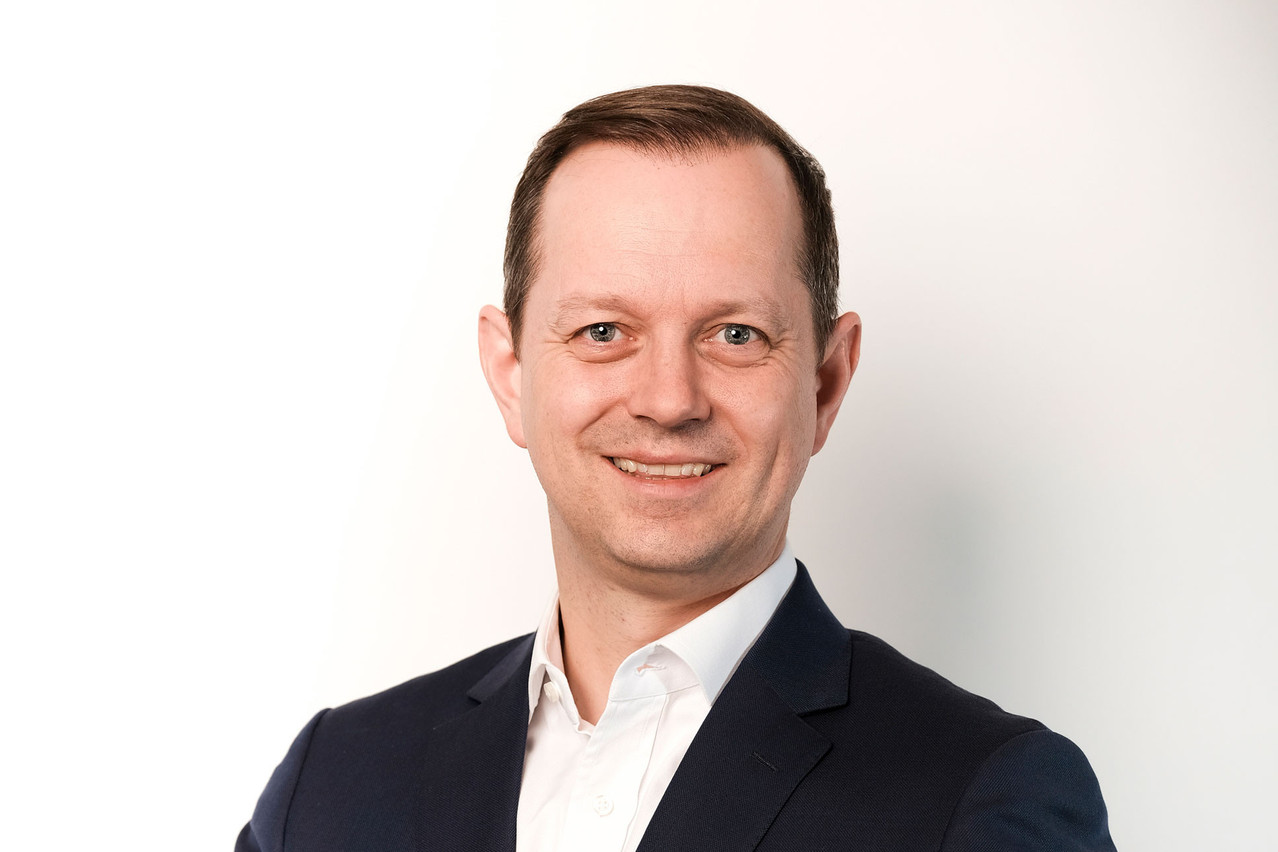What is the reason which led you to associate your brand with this event?
. – “IQ-EQ employs close to 400 people in Luxembourg, of which 53% are women. While this is a positive overall picture, our senior leadership team is primarily composed of men. This is unfortunately a situation many firms in our industry face, but we refuse to leave it there and pass it off as a job market issue. Instead, we choose to remain true to our values: to be authentic and bold. In associating our company with such an event, we take the opportunity to reflect on the subject, challenge ourselves, make amends and assess how we can be better in achieving our diversity objectives.
The fact is that diversity is on the rise in the societal discourse and this comes with increased questions and expectations around fair representation on boards, committees and other decision-making bodies.
Research shows that women tend to score higher than men in leadership skills and are better leaders during a crisis, for example. Other research demonstrates that companies with greater gender equality in leadership positions perform better. There is ample literature on this subject.
And yet, in spite of all this research, we still have a long way to go in achieving diversity in leadership.
A strong diversity and inclusion (D&I) strategy is no longer a ‘nice-to-have’ but is a must-have, and it is essential that this strategy lives and breathes across all levels of the organisation. D&I has become a key element to attract and keep talented people and is a commercial necessity to ensure continued business development and growth. Indeed, it’s important that our internal diversity reflects that of our global client base – and not just in terms of gender. Of course, we also need to be careful not to go too far in the opposite direction; forced quotas without a proper talent assessment would have adverse effects and might create false assumptions. Focusing on gender balance again, effective D&I is about ensuring we create equal opportunities for both women and men while being strongly committed to bring the right female talent on board to ensure future business success.
How do you develop diversity in your company?
“A first step is to create more awareness, to make it a ‘topic’. Also, seeking to understand why the situation is as it is. For example, when we hire for senior positions in our industry, we typically notice that only 10% to 20% of the applicants are women. We can see there is a structural issue to start with. Finding the right staff with the right cultural fit is a challenge. Adding expectations on gender criteria makes it increasingly difficult.
So, instead of looking outside in this restricted talent pool for senior positions, why not look inside? I mentioned earlier that 53% of our workforce are women. We must therefore ensure that any real or perceived ‘glass ceiling’ is removed internally and we do all we can to elevate women within our own talent pool. If we cannot recruit, let’s elevate!
This is why we have designed an internal female leadership development programme called ‘Elevate’, which is accessible to women of all grades, locations, positions and backgrounds. It creates a development path for our leaders of tomorrow, from their first day at IQ-EQ.
Leadership programmes, coaching, individual development and mentoring opportunities are just a handful of the tools we have available within IQ-EQ to support talented women in their journey towards the top. Whilst these development tools are key to success, we’re also striving to create a working environment where flexibility and home working are offered and encouraged, so that women can find the work-life balance they need in order to fully pursue their career.
What is in your opinion the main obstacle to diversity?
“It is very difficult to identify one main reason. If we knew what the main obstacle was, perhaps we would have already solved all the issues linked to the aforementioned lack of diversity in Luxembourg’s competitive recruitment market. This is a reality but there are other factors lying beneath.
Perhaps the most important obstacle, if I was to name one, might be the unconscious bias that remains anchored in society and in the working environment. We need to uncover this unconscious bias and this is perhaps where interactive learning modules can help.
Overall, I think discussing diversity and inclusion should not be about setting up quotas for minority groups, or be limited to pay increases for women. The focus should be on recognising that we are more likely to be successful in business if we have a truly diverse workforce driving us forward.”
